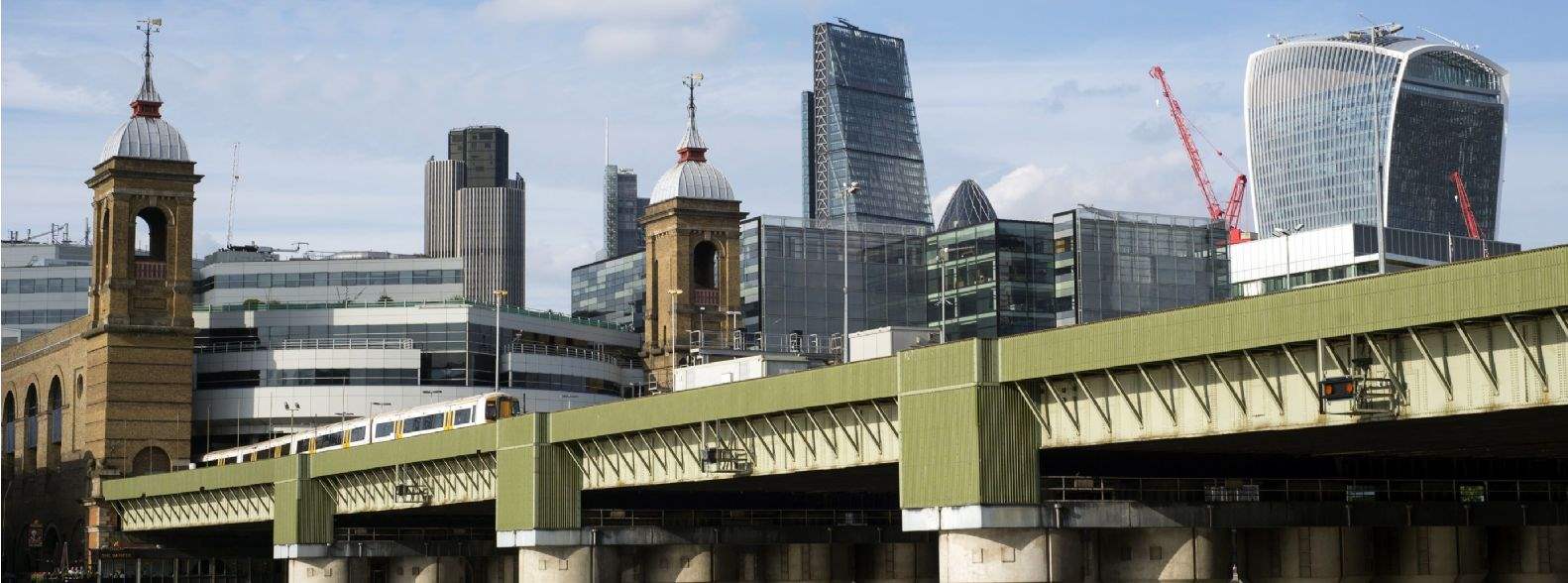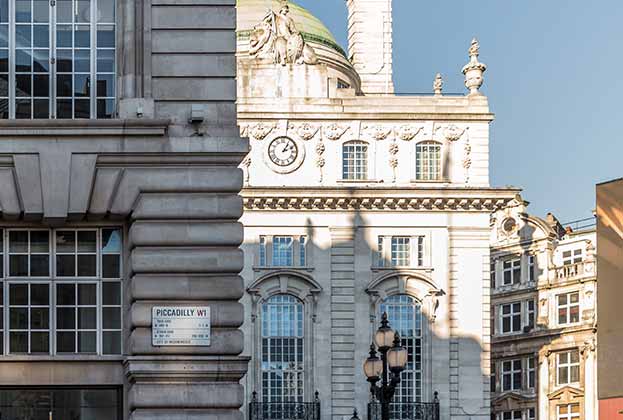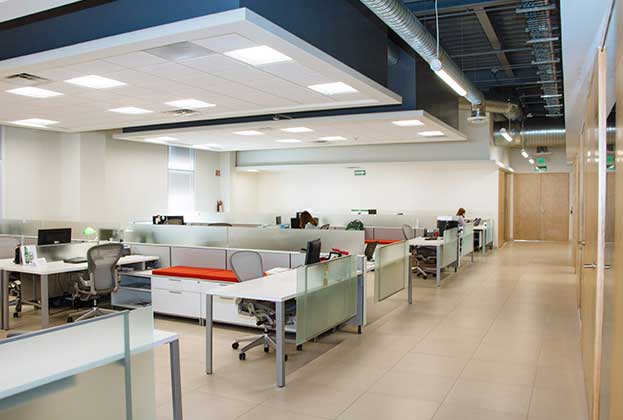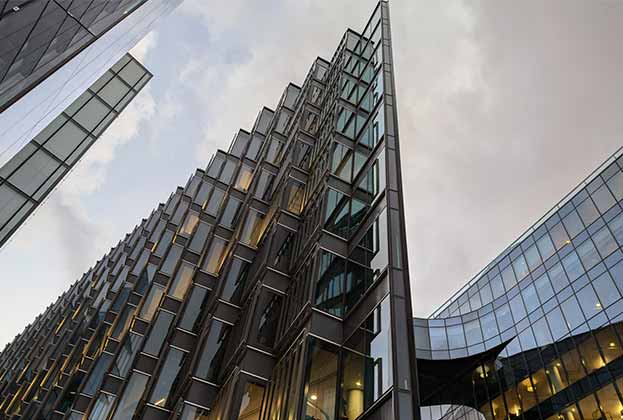There has been strong interest from South Korean investors in Europe for a while, but up until 2018 this attention tended to focus on mainland Europe, rather than the UK. The recent uptick in London can be attributed, in part, to the relative value available to global investors such as these active South Korean parties, in particular when set against the mainland European markets.
While financing in mainland Europe is cheaper and there is greater foreign exchange (FX) premium for the Euro, prime yields are wider in Central London when compared with Paris and the top German cities which makes investing attractive. It’s also worth noting that, by comparison, interest amongst South Korean investors in the US is more subdued, largely due to the negative FX hedging premium meaning that equity investment is hard.
Yet it’s not just London that South Koreans are looking at. More and more parties are considering the wider UK, with deals in the office, industrial and, most recently, retail warehousing sectors.This is a trend that could continue into the last few months of the year.
South Koreans are relatively conservative and research-driven investors who primarily focus on income distribution and have historically looked at core ‘risk-off’ assets (for example office or industrial assets let on long leases to few tenants with good covenants). These are regularly with a target cash-on-cash return of approximately 6 per cent net of tax and fees.
While this is still a preferential profile for many, some investors are looking at more core+ type assets (akin to 200 Aldersgate and Cannon Bridge House in London) and in some cases are starting to explore alternative sectors, such as KAIM in its purchase of Gallagher Retail Park near Birmingham.
Despite the existence of significant capital, the growth of South Korean outbound investment has been relatively steady over the past 10 years. This suggests we could see further investment. However, it will depend on many things: for the securities houses the sentiment of the ultimate investors and their ability to sell down assets will be key. For the asset management companies, the attitude of the securities houses and funds and the available and suitable stock is integral. For the pension and institutional funds their individual diversification requirements and the suitability of stock will determine decisions.
Whether South Korean investors will grow to be even bigger players in the UK market than they are already is hard to tell. However, we can certainly expect them to be a key investor group for the foreseeable future.
Further information
Read more: South Korean investors likely to be more active in Europe in 2018

.jpg)





.jpg)


